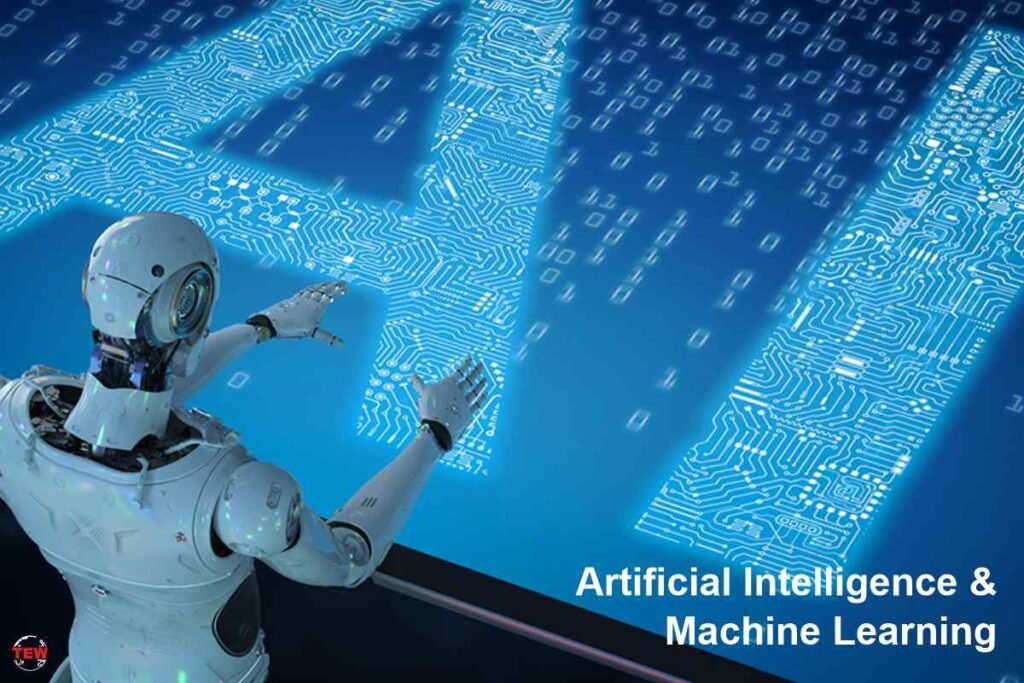Currently, 58% of companies use HR technology to find, attract and retain top talent. So In this article, you will know some best 5 Trends In HR Tech Which Will Be Relevant In Near Future
Companies spent more than $380 billion on HR technology in 2018, a 9.5 percent rise from the previous year. Experts predict that this surge in HR technology investment will continue in the future. With growing demand comes an influx of new technological items to the market. Employers nowadays must be knowledgeable enough to sort through the plethora of possibilities and pick the correct solutions to improve HR activities in their workplaces.
HR technology, in its most basic form, comprises of numerous software programs that aid in the improvement of HR operations inside the organization. Human resources departments rely on technology for everything from staff management to talent acquisition to employee payroll and everything in between. HR technology’s key aims are to simplify HR procedures, save costs, increase employee engagement, and enhance results.
Here are the 5 best Trends in HR Tech Which Will Be Relevant in Near Future;
1. Active Listening
While technology may make personnel management more effective, managers must preserve a human aspect. Active listening solutions, including as chatbots, pulse surveys, and check-ins, may boost workplace engagement by enabling workers to submit feedback quickly and efficiently. Furthermore, HR active listening solutions empower businesses to go much beyond the traditional yearly survey to gather real-time, consistent employee input.

Emerging technology not only collects employee feedback, but also assists employers in acting on it by offering next step suggestions and keeping everyone informed of the progress of the input. Employers may boost employee engagement in the workplace by incorporating active listening technologies into their HR processes.
2. Migration to the cloud
Companies have been migrating data management to the cloud for some years, and this movement now includes HR data management. Indeed, more than 70% of firms currently conduct at least one HR operation in the cloud, according to the 2017 PwC Global HR Technology Survey. As cloud security has improved and the need for collecting, storing, and tracking huge quantities of data has increased, it stands to reason that more and more businesses are turning to cloud migration. This step eliminates the need to keep this data on-site.

3. Dedicated HR Tech Positions
Because of the rise in HR technology, firms are being forced to hire HR professionals with IT backgrounds. Indeed, many businesses have established a specialized HRIT (Human Resources Information Technology) function inside the organization. The need for these sophisticated abilities in the HR department will grow in the future years as well.
A separate IT department will not suffice. Employers must guarantee that IT-savvy employees are an integral component of the HR team. This phase ensures that your organization is not merely integrating any form of technology into its HR operations, but that it is investing in the correct type of HR technology.
It is critical for businesses to prioritize HR technology. After all, human resources has an impact on practically every part of the organization. Your HR staff can achieve more with less personnel and less time if the correct technology is in place. This, in turn, may promote productivity, reduce expenses, increase sales, and eventually improve the bottom line of the organization.
4. Artificial Intelligence and Machine Learning
Companies have been gathering employee information for many years. Employers can now examine this data and utilize it to create actual and significant changes in the workplace, due to AI (Artificial Intelligence) and ML (Machine Learning). Employers, for example, may monitor employee emails and internal communication tools to boost team cooperation.

AI and ML technologies take it a step further by sending push notifications to corporate executives, managers, supervisors, and even workers. Supervisors, for example, may get push notifications recommending different training programs for their staff. Employees may also get messages encouraging them to take a break after many hours of constant labor. The purpose of this form of push notification is to boost overall productivity.
5. Employee Recognition
Enhancing employee recognition in the workplace, according to Gallup’s 2017 State of the American Workplace survey, may increase quality, minimize shrinkage, and reduce absenteeism. To achieve such achievements, however, employee recognition must extend well beyond yearly performance assessments. Employers now seek real-time recognition and awards. In order to give the high degree of recognition and incentives that today’s workers have grown to demand, businesses must embrace innovative technologies.
Manager-to-employee and peer-to-peer recognition are both possible with a sophisticated employee recognition platform. On a daily basis, your workers may get real-time acknowledgment and swiftly engage in one-click recognitions. Furthermore, recognition software makes it simple to commemorate birthdays, work anniversaries, and other important occasions. HR technology may also monitor employee recognition activities, providing you with real-time data on user behavior and overall program effectiveness. As HR technology advances, handling employee recognition and awards will become more efficient.




